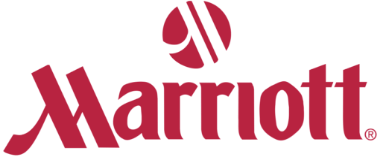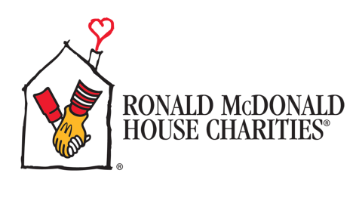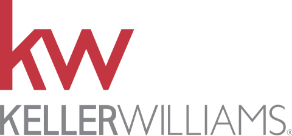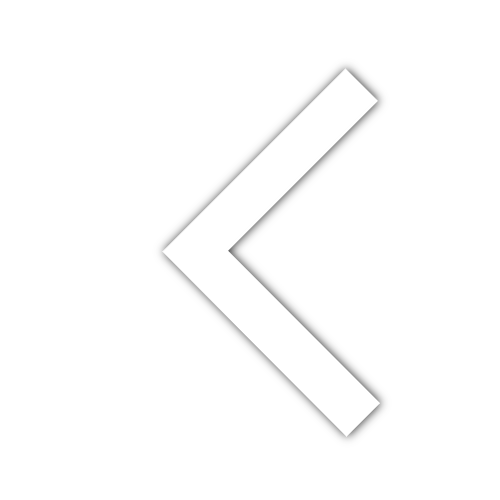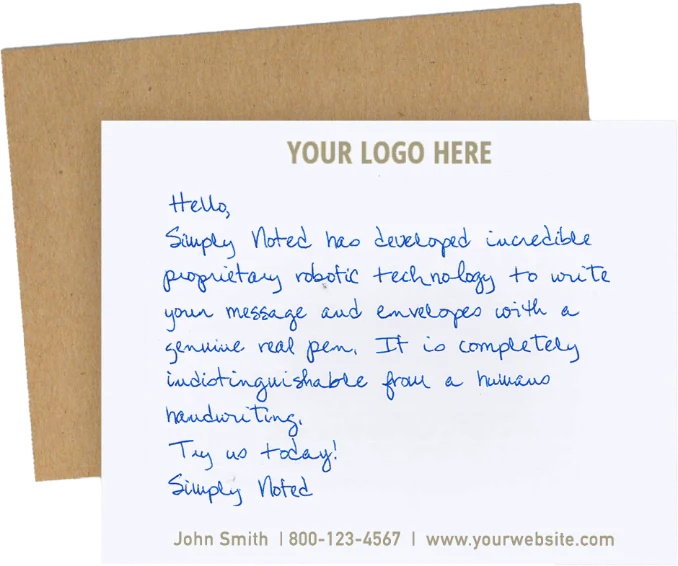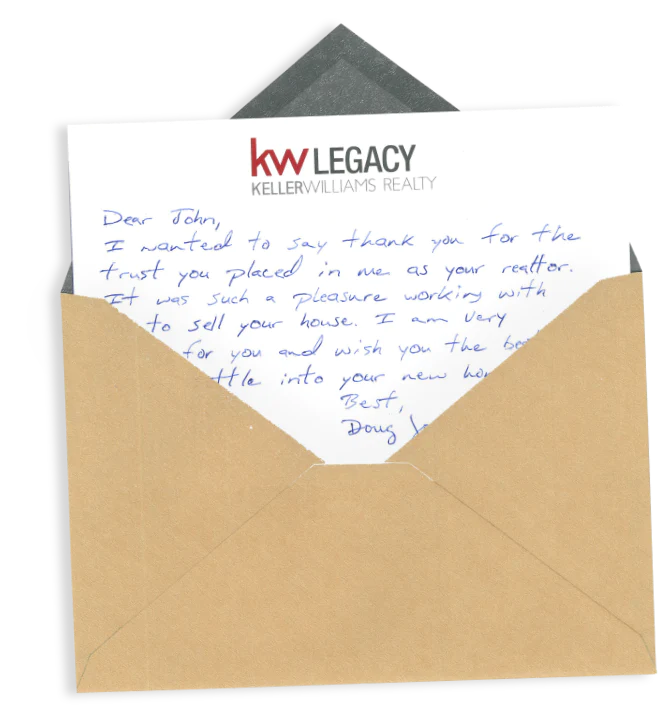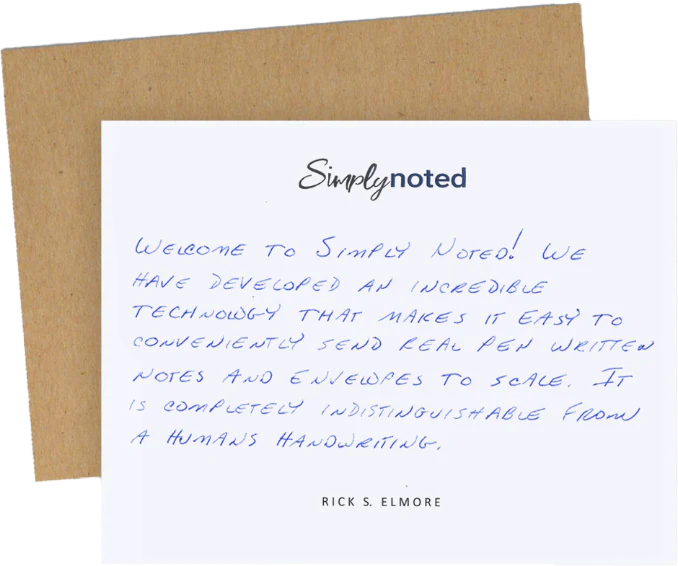15 Best Hospitality Marketing Tools That Really Work

Hospitality Marketing: 15 Best Tools That Really Work
Hospitality brands have to compete in a dense market, whether in hotel administration, restaurants, or the travel industry. Hospitality marketing takes focus, consistent application, and a multipronged approach. Brand managers need to be creative and resourceful in order to rise above the noise and connect with customers on a personal level. The more they can get their unique selling points in front of their prospect's eyes, the more likely it is that those potential customers will give their offerings a try.
One of the most important aspects of hospitality marketing strategy is generating leads and driving conversions. In order to do this, you need to use the right tools. There are a lot of options out there, so we’ve compiled a list of 15 of the best hospitality marketing tools that really work. Let's get started with one that's near to our hearts, handwritten notes.
Make an Impression with Handwritten Notes
One of the most powerful marketing tools available to hospitality brands is also one of the simplest: handwritten notes. In a world where so much communication is digital, a handwritten note is a refreshing way to stand out from the crowd.
A well-written and personal note can make a big impression on potential customers, reminding them that they are valued and that their business is appreciated. Notes can be sent to guests after their stay, thanking them for their business, or they can be used to follow up with leads who haven't yet booked a stay.
Not only are handwritten notes unique and memorable, but they're also relatively inexpensive to produce. All you need is a nice card or piece of stationery and a good pen, and you're good to go. Or, even better, automate your handwritten notes with Simply Noted. We let hospitality companies and others integrate automated handwriting with their normal marketing automation.
You might send new customers a welcome note automatically a few days before their stay or mail thank you cards at the conclusion of a successful trip. Automated handwritten notes make an excellent addition to the marketing efforts of most hospitality businesses because of their innate warmth and accessibility.

Make Sure You Have an Accessible Website
One of the most basic marketing strategies for hospitality businesses is a website. Your website is often the first point of contact between your brand and potential guests, so it's important that it makes a good impression. Your site should be easy to navigate, with clear calls to action that guide users towards booking a stay. The hospitality sector relies heavily on the internet now that travel agents are disappearing.
It's also important to make sure that your site is mobile-friendly, as more and more people are using their smartphones to book travel. In fact, according to a recent survey, 40% of leisure travelers use their smartphones to research trips, and 34% use them to book accommodations.
If you're not sure how your website measures up, you can use Google's free Mobile-Friendly Test tool to check.
Email Marketing
Email is a useful addition to your hospitality marketing arsenal. It's a powerful tool for staying in touch with guests and driving conversions. You can use email to send personalized messages, special offers, and updates about your property.
To get the most out of email marketing, you need to segment your list and send targeted messages to specific groups of people. For example, you might send a welcome email to new subscribers, a discount code to guests who haven't booked in a while, or a survey to recent guests. Define your target audience and send customized marketing communications to your hospitality customers.
You can also use email to nurture leads who haven't yet booked a stay. By sending helpful information about your property and the surrounding area, you can build trust and relationships with potential guests, making them more likely to book a stay when they're ready.

Leverage User-Generated Content
User-generated content (UGC) is the perfect accompaniment to your existing marketing efforts. UGC is created by your guests and can take many forms, including photos, videos, blog posts, and reviews. Many customers love to contribute their voice to their favorite brands. UGC lets them do this while benefiting your industry.
UGC is valuable because it's authentic and trustworthy. potential guests are more likely to trust reviews and recommendations from other travelers than they are to trust traditional advertising. UGC is also a great way to get free publicity for your property. When guests post photos and reviews of their stay, they're effectively doing your marketing for you.
To encourage guests to generate UGC, you can offer incentives like discounts or freebies. You can also make it easy for them to share their content by providing links and hashtags. This marketing strategy requires feedback from your target audience, but this can be easy with a hospitality business.
Finally, make sure to monitor your UGC so you can quickly respond to any negative reviews.
Create Mobile Apps to Keep Customers Engaged
In the hospitality industry, it's important to keep guests engaged before, during, and after their stay. Apps are a great way to do this. They're a very useful complement to your hospitality marketing.
There are a variety of different types of apps you can create, depending on your needs. You might create a loyalty program app to encourage repeat business, or a booking app to make it easy for guests to book a stay or manage their loyalty points. You could also create a concierge app that helps guests plan their trip, or an app that provides information about local attractions.
You can also use apps to send push notifications to guests. This is a great way to keep them up-to-date on special offers, events, and other news.

Pay-Per-Click Advertising
Pay-per-click (PPC) advertising is a type of online advertising that allows you to place ads on search engines and other websites. When someone clicks on your ad, you pay a fee to the advertiser. Platforms like Google, Facebook, and more provide convenient tools to help you plan your marketing campaigns.
PPC can be an effective way to attract new guests to your property. However, it's important to note that PPC is a paid marketing tactic, so you will need to budget for it accordingly.
To get started with PPC, you'll need to create an account with an advertising platform like Google Ads or Bing Ads. Once you've done this, you can create your first ad and start bidding on keywords.
Create a Presence on Social Media Platforms
Social media is a great way to connect with potential guests and give them a taste of your brand. Use social media to share photos and videos, run contests, and promote special offers. Most of these platforms allow you to interact directly with prospects for free, a boon to your hospitality marketing campaigns.
You should also use social media to listen to what people are saying about your brand. By monitoring social media, you can quickly address any problems that come up and take advantage of any positive word-of-mouth.
Finally, don't forget to use social media to drive traffic to your website. Make sure your website is linked in your profile, and include calls to action in your posts that encourage people to visit your site.

Use Content Marketing to Establish Credibility
Content marketing is a strategy that involves creating and sharing valuable content in order to attract and retain customers. In the hospitality industry, this might take the form of blog posts, videos, or even podcasts.
The goal of content marketing is to build relationships with potential guests by providing them with information that is helpful and relevant to their needs. By doing this, you can position your brand as a thought leader in the industry, and increase the likelihood that people will choose your business when they're ready to book a trip.
Some of the most effective types of content for the hospitality industry include travel tips, destination guides, and behind-the-scenes looks at your property. Add content to your marketing strategies to build up your credibility and establish your brand as a trusted player in the hospitality industry.
Create Excitement Around Your Properties with Video Marketing
Video marketing is a type of content marketing that involves creating and sharing videos online. In the hospitality industry, video marketing can be used to showcase your property, highlight local attractions, or give potential guests a behind-the-scenes look at what goes into running your business.
Video is a powerful tool because it allows you to tell a story and connect with your audience on an emotional level. When used correctly, video can be a great way to increase brand awareness and drive bookings.
To get started with video marketing, create a channel on YouTube or another video-sharing platform. Then, start creating and sharing engaging videos that tell a story and promote your brand.

Generate Positive Word-of-Mouth with Influencer Marketing
Influencer marketing is a type of marketing that involves partnering with influential people in your industry to promote your brand. In the hospitality industry, this might mean working with travel bloggers, bloggers, or social media influencers.
The goal of influencer marketing is to generate positive word-of-mouth for your brand. When done correctly, influencer marketing can be an effective way to reach a large audience and build trust with potential guests.
To get started with influencer marketing, identify the influencers who are already talking about your brand. Then, reach out to them and see if they're interested in working together. If they are, collaborate to create content that will promote your brand in a positive light.
Work on Your Website's SEO
Search engines like Google are trying to answer user queries with the most relevant pages possible. Search engine optimization (SEO) is a long-term hospitality marketing strategy that can help you attract more visitors to your website. By optimizing your site for search engines, you can improve your visibility in search results and get more people to click through to your site.
There are a number of different SEO tactics you can use to improve your site's ranking. These include optimizing your website for specific keywords, creating informative blog posts, and building high-quality backlinks.
SEO can be a complex topic, so if you're not sure where to start, it's worth hiring an experienced SEO consultant to help you out.

Start Collecting Testimonials
Testimonials are a type of social proof that can help build trust with potential guests. When considering a new hospitality business, potential guests will often read reviews to see what others have said about the property.
If you don't have any testimonials yet, start by reaching out to your past guests and asking if they'd be willing to write a review. You can also offer incentives, such as discounts on future stays, in exchange for positive reviews.
Start a Blog
A blog is a type of website that contains informational articles. In the hospitality industry, a blog can be used to share travel tips, highlight local attractions, or give potential guests a behind-the-scenes look at your property.
Blogging is a great way to build trust with potential guests and establish your brand as a thought leader in the industry. Plus, if you optimize your blog posts for search engines, you can attract more visitors to your website.
To get started with blogging, create a WordPress site or another type of website. Then, start writing and publishing informative blog posts on a regular basis.

Use Paid Advertising to Promote Your Brand
Paid advertising is a type of marketing that involves paying for space on a website or platform to promote your brand. In the hospitality industry, paid advertising can be used to reach potential guests who are searching for travel-related terms on Google or planning their trip on TripAdvisor.
Paid advertising can be an effective way to reach a large audience and generate leads. However, it's important to note that paid advertising can be expensive, so you'll need to carefully consider your budget before you start.
Monitor Your Online Reviews
Online reviews are an important part of the hospitality industry. Potential guests will often read reviews before booking a room, so it's important to make sure your property has positive reviews.
There are a few different ways to generate positive reviews. First, you can reach out to guests who had a positive experience and ask them to leave a review. You can also offer incentives, such as a discount on their next stay, for guests who leave a review. Finally, you can respond to negative reviews in a constructive way.
Try all of these strategies, keep the ones that work, and remove the ones that don't. Over time you'll refine your marketing mix into a potent promotional program.


